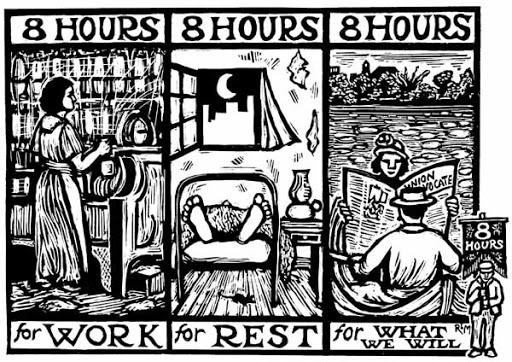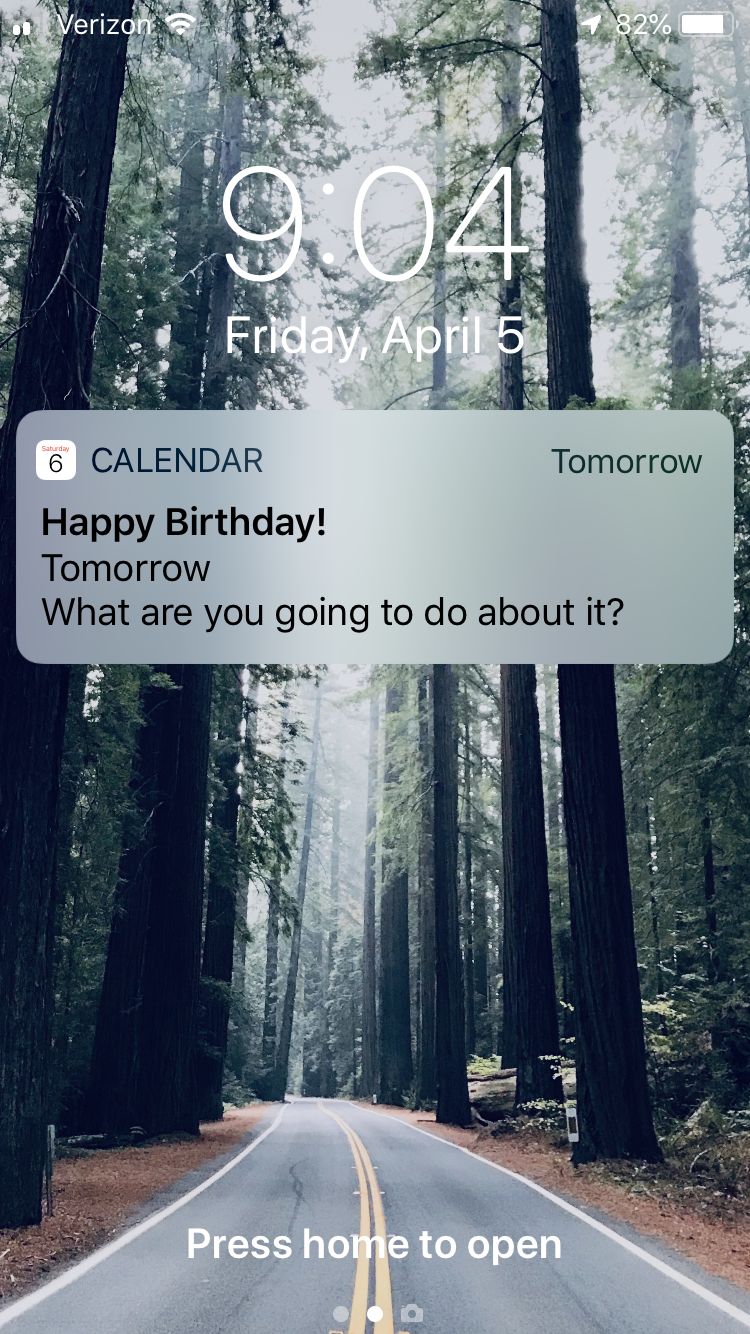Coaching is a young profession, a still developing field emerging at a time when a new kind of conversation is necessary to meet the challenges of our time, to crudely paraphrase both Peter Block and Julio Olalla. As such, what coaching actually is, how it is defined by its leadership and practitioners and how it is understood by its customers and clientele is slowly and steadily evolving.
In its search for definition and clarification, coaching is trying to become less San Diego and more San Francisco. Let’s face it, San Diego is an awesome place but where the heck is it? There’s lots to do and see but sometimes it feels as if there’s no there, there. It’s sprawling, disconnected and uncoordinated. San Francisco, on the other hand, couldn’t be more identifiable, distinct and clear. It is TransAmerica, Golden Gate, Marin Headlands, Presidio, Chinatown and Coit Tower. San Francisco is definitely “there.” And you know what the biggest difference is? (no, not the politics, but that’s a good one…). The biggest difference is concentration and identity.
In most parts of San Diego you could be anywhere in Southern California. I’m talking from Santa Barbara all the way down. In San Francisco you can only be in San Francisco. Take it or leave it, love it or hate it, that place is what it is. And, while the image of a peninsula might feel too narrowing and even claustrophobic it offers a concentrating effect that tightens up identity while still leaving room for interpretation. The Haight and Pacific Heights are more than a little different.
So, what’s the point? Well, coaching seems to be inching its way along the continuum from sprawling, disjointed, “everywhereness” to a “somewhereness” that feels a bit more distinct, somewhat clearer and know-able. As a practitioner in the field, I sense a move towards definition that is refreshing, if not wholly clear. The best evidence is the new “definition of coaching” found on the website of the International Coach Federation (coachfederation.org):
“Coaching is partnering with clients in a thought-provoking and creative process that inspires them to maximize their personal and professional potential.”
Compare this to the old definition and see what you think:
“An ongoing professional relationship that helps people produce extraordinary results in their lives, careers, businesses or organizations. Through the process of coaching, clients deepen their learning, improve their performance and enhance their quality of life.”
Personally, I miss “extraordinary results” but I am thrilled to see the word “creative.” Also, without the word “relationship” it seems we miss the point that development only happens in the context of an “other.” For me, a hybrid makes the most sense, so I’ll take a few liberties and offer this:
“Coaching is a thought-provoking and creative professional relationship that helps people produce extraordinary results; at home, at work or in any endeavor worthy of meaningful change.”
It may not be perfect but, for me, it gets us a little closer to San Francisco. And, for coaching, every mile north on Highway 101 is a journey in the right direction.
© 2010 David Berry



